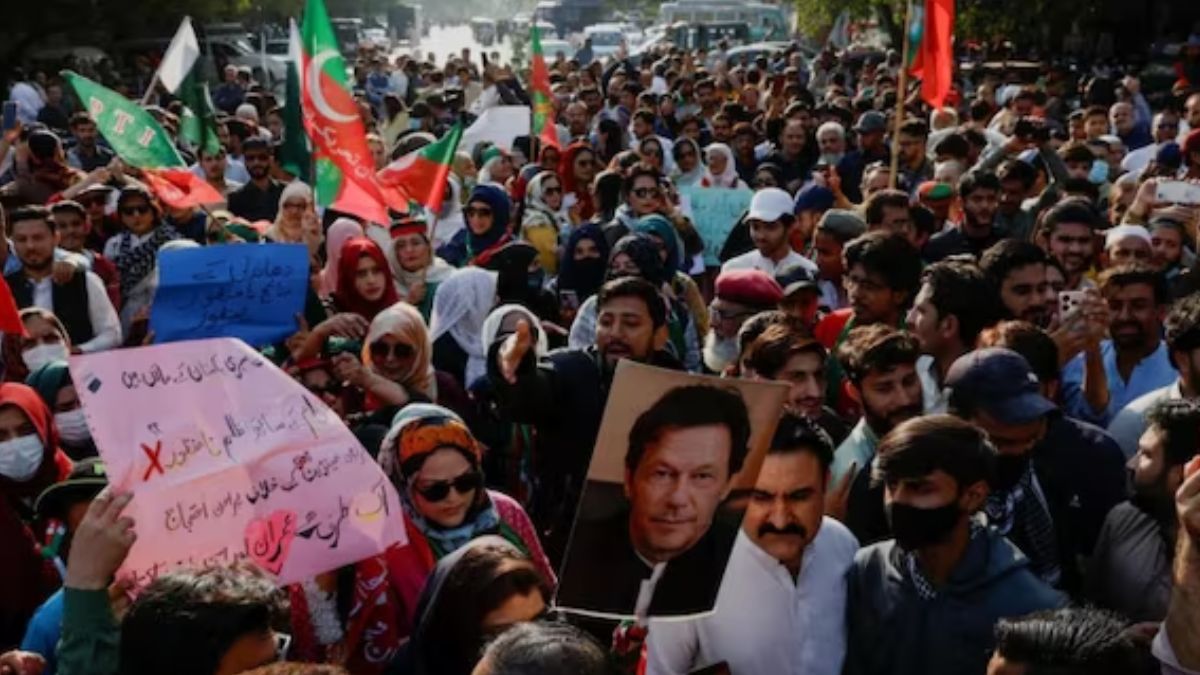A lot has been said about how prime minister Narendra Modi’s speech in Kozhikode, a “master–stroke in strategic restraint,” has marked a “decisive turning point” in India-Pakistan relations following the recent terror attack on the Indian army in Uri.
But is this the only way to deconstruct the unchracteristically non-belligerent statement? Especially when they have come from a prime minister who has, over the years, crafted an image of himself as the ‘iron man’; a leader who has less faith in strategic restraint and more in delivering a ‘befitting’ reply to the ‘enemy’ across the border. It may be argued that to understand this policy about-turn we have to revisit the histories of the ruling Bharatiya Janata Party (BJP) and the Prime Minister himself.
In his previous incarnation as Gujarat chief minister and a prominent leader of the hawkish BJP, Modi, time and again, attacked the then-ruling Congress dispensation for cowering before Pakistan. Recall, for example, how this party – he BJP – had turned the heat on former Congress Prime Minister Manmohan Singh in the aftermath of the 26/11 terror attacks in Mumbai. One of the slurs then repeatedly hurled at the Congress by BJP was that it was presiding over a “soft state” which recoiled from attacking an aggressive neighbour.
Now that it is ruling the country however, the BJP has started speaking a language similar to that of the Congress back then. Moreover, in its efforts to push the ruling party into a corner, the Congress is sounding more hawkish by the day. Political imaginations, it would appear, are not very fertile in the country.
It’s important to take note of the background against which Modi delivered his head-turning speech. At a time when large sections of the media as well as many major and minor players within the government and party are exhorting the government to unleash a retaliatory war against Pakistan, the prime minister has struck a different note. Modi has stressed that India’s strategic goal is to free the country from poverty and make it prosperous. In other words, war is clearly not on the government’s agenda. At least for the time being.
Now, like in 2011, it is the media which is playing the role of war-monger-in-chief. Day after day and night after night, journalists and political commentators tore into the Manmohan Singh government after 26/11 for not launching an eye for an eye style strike against Pakistan. That the government now, as then, has turned a deaf ear to incessant newsroom war drums is no doubt a welcome and positive sign.
It may however be interesting to probe the reasons that have contributed to the political and strategic continuity of shunning war, regardless of how sharp the provocation may be. While the commentariat in general has attributed Modi’s transformed language on Pakistan to a new strategic manoeuvre on his part. The real motivating spirit guiding the Prime Minister’s change of stance, in this view, is his ambition to continue in power for at least another term. And in this matter, the current PM is only human.
Like prime ministers before and after him, Modi is not impervious to the seductive pull of power. Prime ministers of all stripes have been known to travel extraordinary lengths to hold on to their high office. In their endeavour to do so, they play footsie with their beliefs and commitments. Ideologies are not abandoned for all times to come. They are just juggled with to suit a larger game plan of holding on to power.
Behind the high-sounding phrases explaining the prime minister’s speech in terms of a new found strategic restraint and the masterstroke he played at Kozhikode, lies a simpler and more basic explanation: the ambition to remain in the prime ministerial seat for as long as possible. War pales in significance when compared to the lure of leading the country for ten – maybe fifteen – years. These differing compulsions of power goad political parties and leaders to change their minds – not some epiphanic revelation of strategic truth, or some philosophical claim to a higher form of politics. This is the basic reason why opposition leaders change colours and stances once they cross the aisle. There are no masterstrokes here – just plain and routine move of expediency that high profile leaders resort to when confronted with the dilemma of choosing political ideology over the ideology of power.


)




)
)
)
)
)
)
)
)